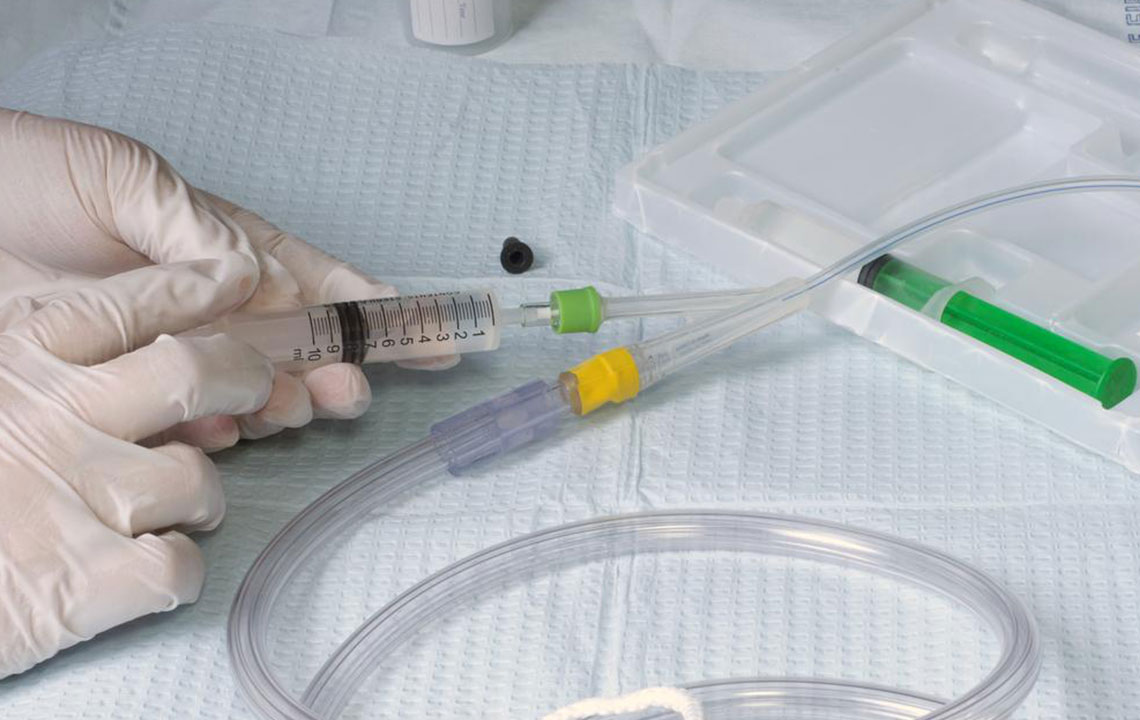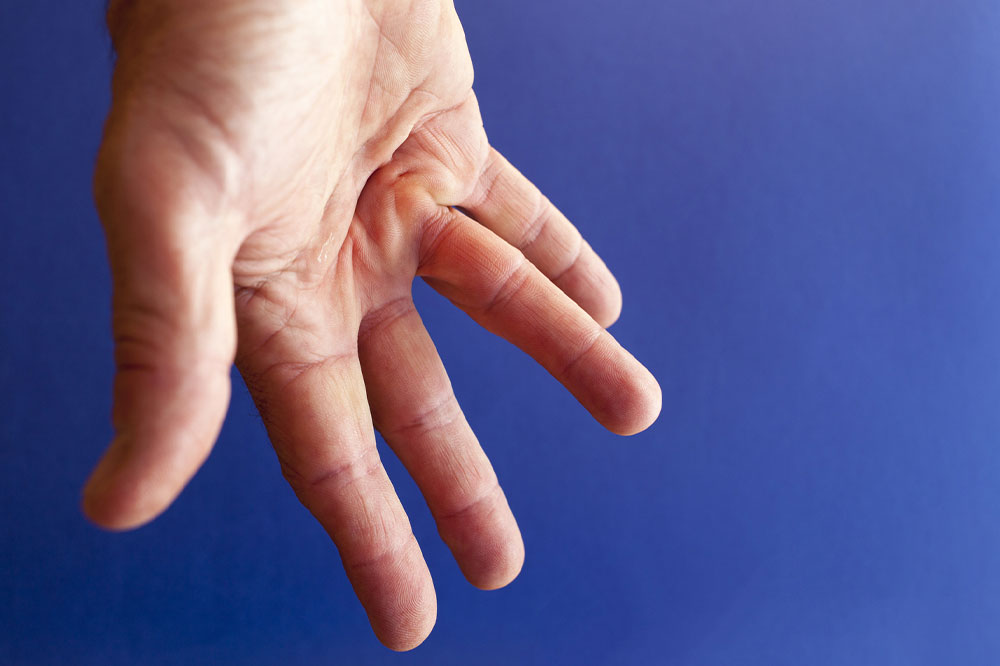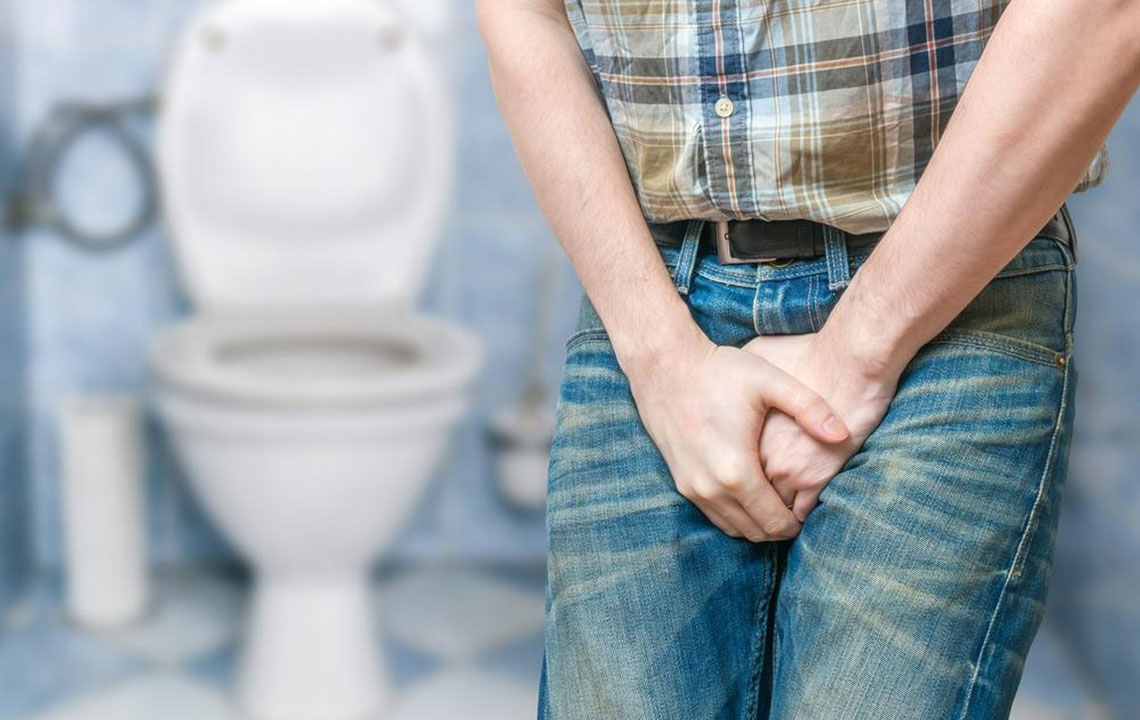Strategies to Reduce the Risk of Urinary Leakage
This article provides practical tips and strategies to reduce the risk of urinary leakage. It emphasizes lifestyle adjustments, dietary changes, and managing underlying health conditions to maintain better bladder control. By adopting healthier habits, individuals can minimize the chances of developing urinary incontinence and improve overall urinary health.
Sponsored

Urinary leakage occurs when the bladder cannot be controlled properly. It may be temporary, caused by factors such as infections or coughing, or chronic due to conditions like diabetes, neurological disorders, or hormonal changes.
Pregnancy, childbirth, menopause-related estrogen loss, prostate issues, certain cancers, poor diet, and lifestyle habits also influence urinary control.
Is it possible to prevent urinary leakage?
While complete prevention isn't always feasible, reducing risk factors is possible through lifestyle adjustments.
An unhealthy lifestyle at any age can contribute to urinary leakage.
A diet high in fats, sugars, spices, and low in fiber may increase bladder issues.
Excessive alcohol, caffeine intake, and smoking are linked to bladder problems.
Obesity is a notable risk factor for urinary control issues.
Preventive strategies
Eat a diet rich in fiber through whole grains, fresh fruits, and vegetables.
Limit alcohol and caffeine consumption; quit smoking.
If there's a family history, reduce intake of citrus and tomato products to minimize risk.
These dietary choices may worsen existing urinary issues and increase susceptibility.
Maintain a healthy weight.
Address underlying health conditions that can cause urinary leakage.
Conditions like diabetes, neurological disorders, prostate problems, infections, and spinal injuries require proper management to minimize symptoms.
Preventive actions
Manage chronic diseases like diabetes by controlling blood sugar levels to reduce urinary issues.
Prevent urinary tract infections by staying hydrated and wearing breathable cotton clothing.
Simple lifestyle modifications can significantly help in controlling or preventing urinary leakage.






